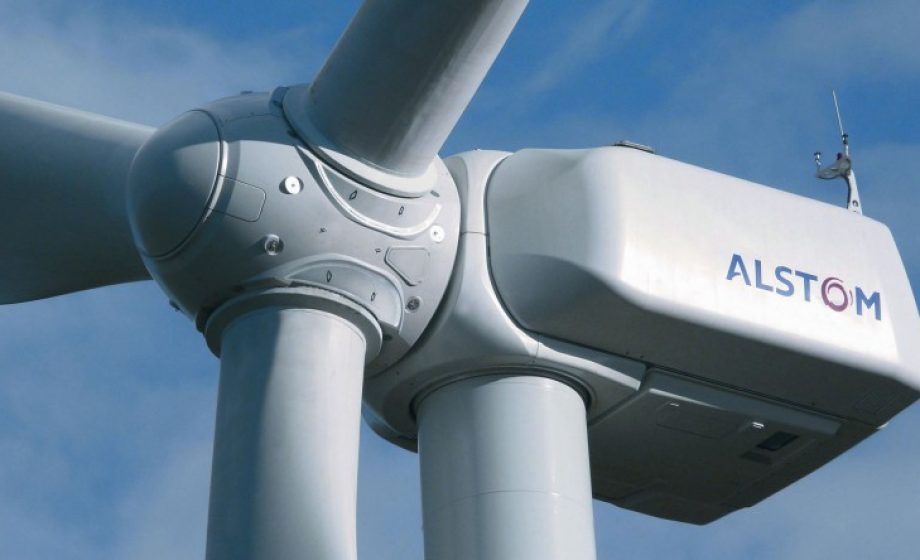
France’s neo-colbertist tradition and the government’s hands-on approach to economic subjects have long favoured powerful national corporate champions. And Economics Minister Arnaud Montebourg’s decisions and policies have really fit that tradition. The French just seem more eager than other European countries, for example, to prevent their corporate champions from being taken over by foreign firms. France still has more major corporate headquarters than European average. “French companies are not prey”, Arnaud Montebourg likes to repeat, which is why the French government is adamant that Alstom reject General Electric’s bid to acquire the company’s power and grid divisions for €13.5 billion.
Historically, large national corporations such as EDF, Alstom, Areva for energy production and distribution, and Schneider, Legrand or Rexel for equipment, have ensured France become and remain a powerful energy player, relatively independent from foreign powers. France’s historical reliance on nuclear has made energy cheap and abundant. The country could pride itself on having the safest and most efficient infrastructures run by a elite of “Grands Corps” formed in prestigious state-run engineering schools, such as Polytechnique. Colbertism and the sheer size of France’s energy corporations have made it possible for France to maintain a strong lead in a sector that required massive investment in infrastructure. So why is France about to sell major energy assets to foreign corporations?
The case for colbertism may still be strong if it weren’t for the fact that it now promotes rent-seeking and ineffectiveness and largely undermines innovation as new entrants are discouraged from entering the national market. As far as the energy sector is concerned, France’s centralised and colbertist tradition may have seriously impeded its ability to remain innovative and may have caused the country to lag behind in its digital transition. While US champion GE has learnt to reinvent some of its core activities and put digital at the very heart of its development strategy (smart cities, transport), Alstom has more or less continued as before, probably believing that digital was just a fad. But it isn’t.
Smart grids are making energy as much about information as about energy per se. More apps now tap into all the information collected about the behaviours of suppliers and consumers and are radically changing production, distribution and consumption by improving efficiency, reliability and sustainability of electricity production and distribution. Data flows and information management make user-friendly services that enable them indispensable. Major global players in the energy sector are new entrants: Tesla is creating a mass market for car batteries, SolarCity is turning each and every household into a potential energy producer, and Google has bought Nest for $3.2 billion to take control of our day-to-day energy consumption. GE and Siemens are still in the race thanks to their massive investments in smart city projects. But no major French player is in that race. Certainly not Alstom.
Of course, EDF is about to launch a new “smart” electricity meter called Linky that is to equip 35 million households by 2020. But Linky is already controversial in France: it is likely to make the electricity bill a lot more expensive for many households before it can make it easier for consumers to cut on their consumption and it has not been designed by the “software people” that Apple or Nest users have become addicted to. Meanwhile Alstom’s CEO Patrick Kron has decided Alstom had better sell off all of its energy activities because it needs cash fast and because Alstom just won’t be able to make the most of Alstom Energie. But without it, there will be less of a push to develop technologies, infrastructures and apps to master tomorrow’s electricity networks. France is about to be downgraded on a global energy market now powered by smart grids applications.
In the US, the White House promotes and supports an industry-led effort to provide electricity consumers with better access to their energy consumption data via a “Green Button” that relies on the adoption of a common standard by all utilities across the country, which will give Silicon Valley startups more opportunities to leverage a big enough market to develop innovative apps.
The real question France’s elite ought to ask themselves is how that old French tradition of colbertism can be made to serve innovation instead of rent-seeking, or else France is likely to lose its lead in energy very fast.

